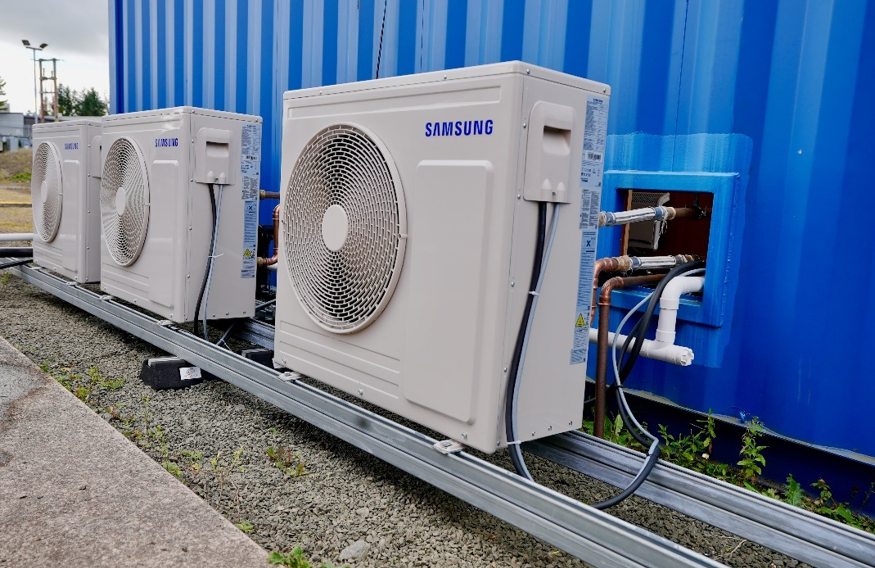With rapid deployment of solar, renewables are on course to meet almost half of global electricity demand by the end of this decade, a new IEA report says.
The Renewables 2024 report predicts that the world is set to add more than 5,500GW of new renewable energy capacity between 2024 and 2030 – almost three times the increase seen between 2017 and 2023.
Due to supportive policies and favourable economics, the world’s renewable power capacity is expected to surge over the rest of this decade, with global additions on course to roughly equal the current power capacity of China, the EU, India and the US combined.
According to the report, China is set to account for almost 60 per cent of all renewable capacity installed worldwide between now and 2030, based on current market trends and today's policy settings by governments. That would make China home to almost half of the world’s total renewable power capacity by the end of this decade, up from a share of a third in 2010. While China is adding the biggest volumes of renewables, India is growing at the fastest rate among major economies.
In terms of technologies, solar PV alone is forecast to account for a massive 80 per cent of the growth in global renewable capacity between now and the wind sector is also poised for a recovery, with the rate of expansion doubling between 2024 and 2030, compared with the period between 2017 and 2023. Already, wind and solar PV are the cheapest options to add new electricity generation in almost every country.
The report forecasts global capacity will reach 2.7 times its 2022 level by 2030, falling just short of the COP28 target, but IEA analysis indicates that fully meeting the tripling target is entirely possible if governments take near-term opportunities for action.
Overall, led by the massive growth of renewable electricity, the share of renewables in final energy consumption is forecast to increase to nearly 20 per cent by 2030, up from 13 per cent in 2023. Meanwhile, renewable fuels are “lagging behind”, underscoring the need for dedicated policy support to decarbonise sectors that are hard to electrify.
© 2019 Perspective Publishing Privacy & Cookies








Recent Stories